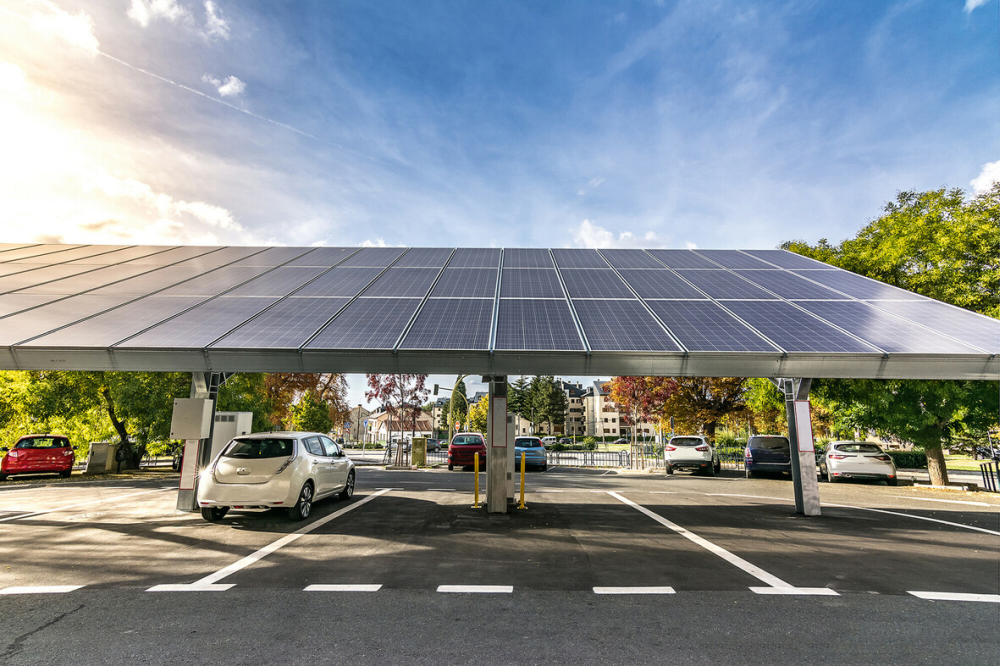| Duration: | 10/2023 - 09/2026 |
| Contracting Authority/ Sponsors: | Federal Ministry of Economic Affairs and Climate Action (BMWK); FKz: 01MV23020A |
| Project Partners: | Ambibox GmbH, Chargebyte GmbH, Deutsche Kommission Eletrotechnik/Elektrotechnik Informationstechnik in DIN und VDE, ENIT Energy IT Systems GmbH, Fraunhofer IAO, Fraunhofer IOSB-AST, Hochschule Karlsruhe University of Applied Sciences, LADE GmbH, Mahle chargeBIG GmbH, Marquardt GmbH, Physikalisch-Technische Bundesanstalt, SAP SE, SMART/LAB Innovationsgesellschaft mbH, Thüga Aktiengesellschaft, Universität Duisburg-Essen |
| Project Focus: |
BiFlex Industry – Bidirectional Flexibility Through Fleet Power Plants in and Around Companies


Electric vehicles are a core element of the energy transition. Besides stationary storage systems, vehicle batteries are predestined to balance load and generation in the electricity system in the short to medium term. The BiFlex-Industrie project aims to demonstrate specific use cases of bi-directional vehicles operated at commercial and indsutrial locations. The project partners want to work out business cases and the direct benefits of feed-in vehicle fleets for operators. We also want to demonstrate that they can be integrated into existing systems on a large scale and become the nucleus for fleet power plants - to optimize the operation of the company as well as the overarching electricity system.
The »BiFlex-Industrie« project has set itself the goal of developing bi-directional charging stations in accordance with the currently available AC and DC technology concepts, in particular the associated open, standardized communication interfaces.
The step towards a marketable solution and thus the actual utilization of the potential of bi-directional charging is complex. To date, there has been a lack of charging systems, the integration of hardware and software systems such as charging infrastructures and platforms for the representation of data, control and communication interfaces as well as billing and marketing within the existing regulatory and normative framework.
The project focuses on company locations with fleets and employee vehicles. As part of the project, demonstrators with 50 bi-directional vehicles are planned at seven company locations where various relevant use cases for bi-directional charging are to be implemented. To this end, the partners will initially develop AC and DC charging stations capable of feeding back energy into the electricity grid, including adapted hardware and open communication interfaces to higher-level control systems and electric vehicles, and put them into operation in the next step. In addition, concepts and methods for determining and forecasting flexibility potential through energy recovery at and around the company are to be developed. The project partners are working in parallel on standardization and on the formulation of success factors for the transferability of the project results.